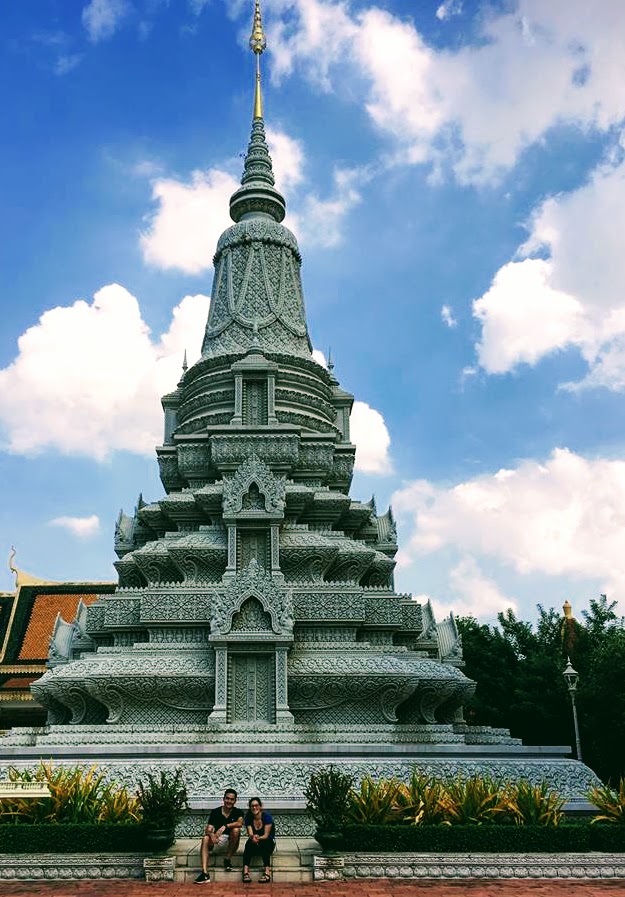Week Four
This week I continued working on my copyright assessment for ODC and I successfully completed the part of my research pertaining to the international copyright legal framework. The international treaties on intellectual property and copyright are very important to ODC because under Cambodia Copyright Law, persons and legal entities in Cambodia must comply with any relevant provisions in an international intellectual property treaty to which Cambodia is a signatory. This requirement is a statutory requirement as it appears in Article 67 of the Cambodia Copyright Law. Additionally, in cases where provisions from the Copyright Law and the International Copyright treaty conflict, the international treaty’s provisions will prevail.
As a result, I used a variety of resources including Lexis, Hein Online, and Google Scholar to research international intellectual property treaties as well as academic papers for critiques and comments. Cambodia is a signatory of the World Trade Organization’s Agreement on Trade-Related Aspects of Intellectual Property Rights (TRIPS Agreement). As a signatory of the TRIPS Agreement, Cambodia must also abide by the Berne Convention which was the first modern intellectual property treaty. Under these treaties, copyright protection is available for the creations of original works of authorship. An original work of authorship does not need to be a completely independent creation; it can be based on another author’s original independent creation or incorporate components that were substantially copied from prior original works. These creations are called “derivative works. Derivative works are eligible for copyright protections so long as there is adequate “transformation” of the original copyrighted work to constitute a new original expression.
During my time with ODC, I have had time to talk with other ODC team members about their work. As a news aggregator, ODC collects daily news stories from different press organizations and organizes them on its online platform. ODC does not publish the articles in full on its site; instead, it writes succinct summaries of the articles to help users filter information and it provides the links to the entire articles. In addition to incorporating data from news organizations, ODC also incorporates government data to create content pages and maps. ODC is able to access this data and copyright these derivative works because it complies with the fair use doctrine.
The fair use doctrine is a timeworn concept that originates from the idea that, “‘a work’ of authorship may be created, consumed, shared, and reproduced in the context of a social or cultural practice.” The invention of new communication mediums like the Internet present novel questions surrounding the application of the fair use doctrine. On one hand, creators want to express themselves through new mediums to reach new and larger audiences while still preserving their economic and moral rights. On the other hand, consumers, “want to harness the enormous capabilities of the Internet to access, use, and disseminate information and content.” The first part of the international fair use framework requires that the reproduction does not interfere with the original author’s normal exploitation of the work. The second requirement requires that the derivative work does not “unreasonably” prejudice the legitimate interests of the author. I explore these requirements in depth in my paper and I conclude that ODC complies with international fair use standards because ODC adequately transforms its works and publishes materials for educational purposes.
In addition to exploring international standards for intellectual property, I also had the opportunity to conduct impromptu field research on health care in Cambodia. Lauren became very sick last week which prompted visits to numerous clinics and pharmacies. Lauren has thankfully recovered after a long and worrisome week. I hope that I do not receive any more health care research assignments during my internship!
